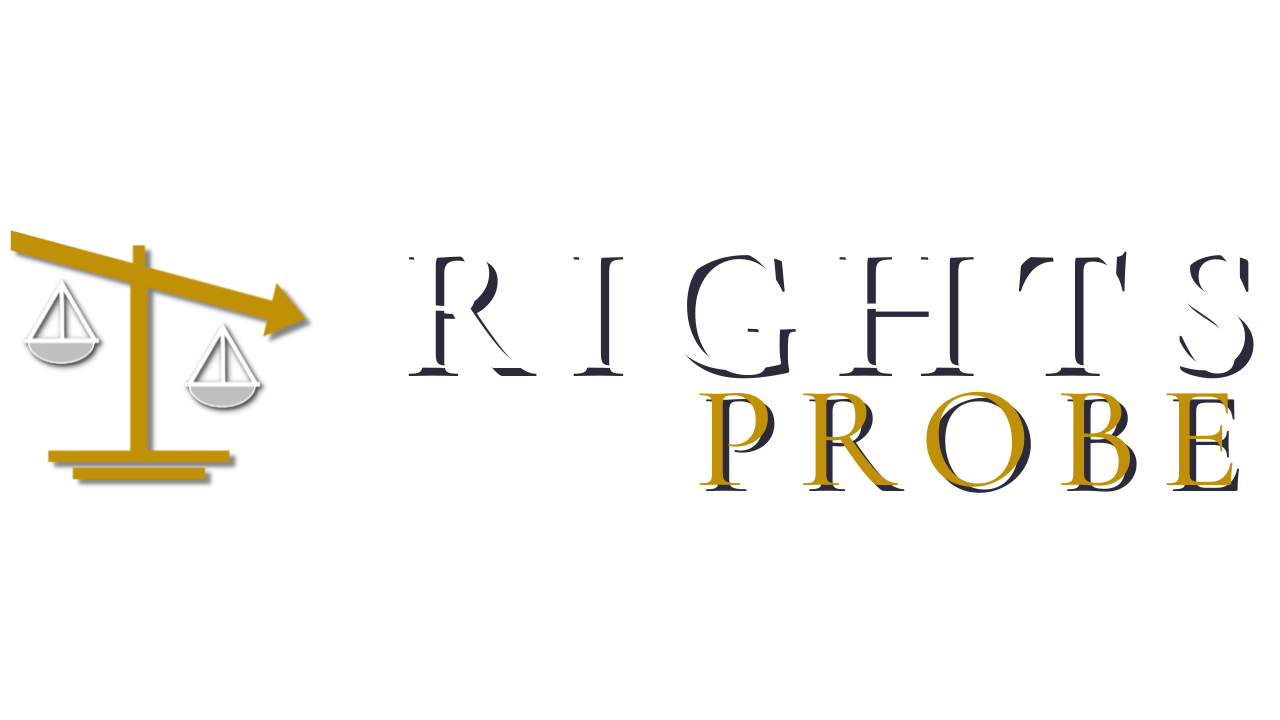What’s the controversy around Ottawa wanting to limit use of Notwithstanding Clause?
In Brief by Rights Probe
Federal Justice Minister Sean Fraser announced Ottawa has submitted a request to the Supreme Court of Canada to establish limitations on how provincial governments can utilize the Notwithstanding Clause (Section 33 of the Charter of Rights and Freedoms). The frequent invocation of this clause, contends Ottawa, effectively constitutes “indirectly amending the Constitution,” which undermines the authority of the Charter.
The case is particularly salient in the context of Quebec’s secularism law, Bill 21, which prohibits certain public sector employees from wearing religious symbols. Quebec’s highest court upheld this law, striking down an exemption for English school boards created by a lower court judge. The decision prompted Premier François Legault to express his intent to continue use of the clause.
The discussion has sparked political tensions, with opposition leaders questioning Ottawa's respect for provincial rights and the legacy of the Charter. Critics, including legal experts and civil liberties organizations, argue the increasing use of the Notwithstanding Clause by various provinces threatens basic rights and freedoms, while others see it as a necessary tool for legislative supremacy in response to judicial overreach.
Queen’s University law professor Bruce Pardy contends the judiciary has become so powerful it effectively dictates policy and law, overshadowing the original intent of the Constitution itself.
He argues that the clause represents the “last remnant of legislative supremacy,” enabling Parliament and provincial legislatures to enact laws rather than leaving that power to the courts.
